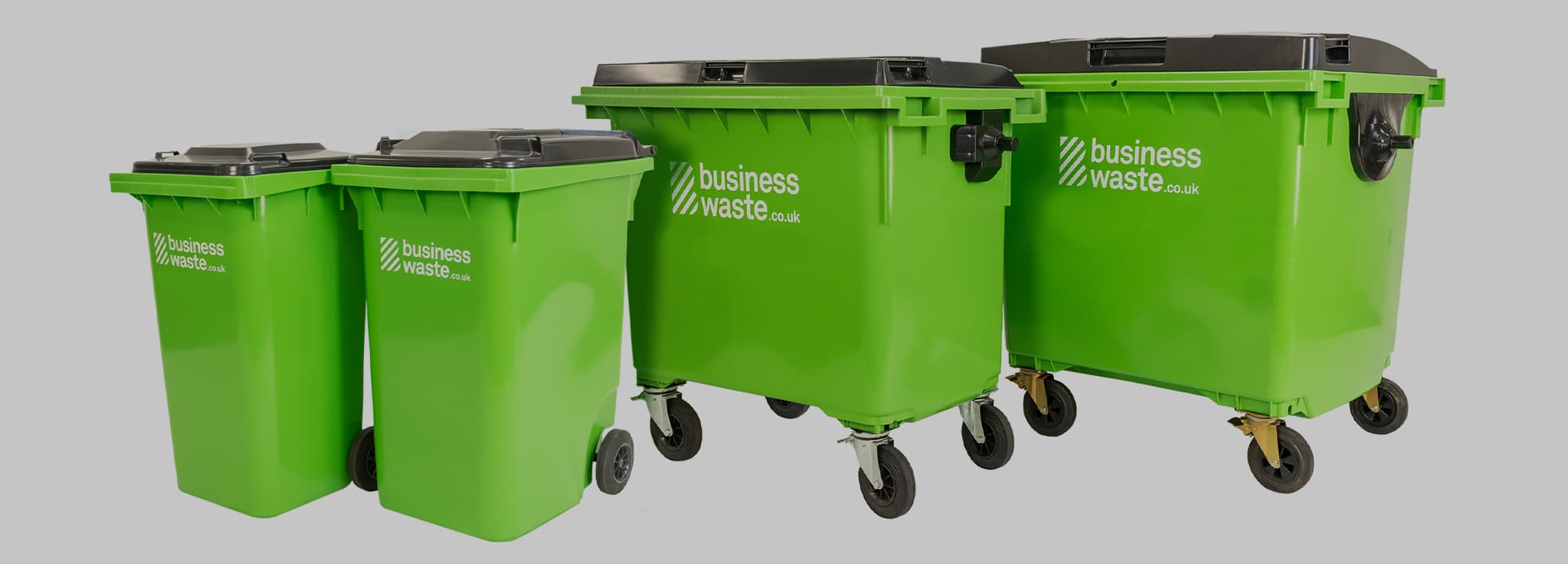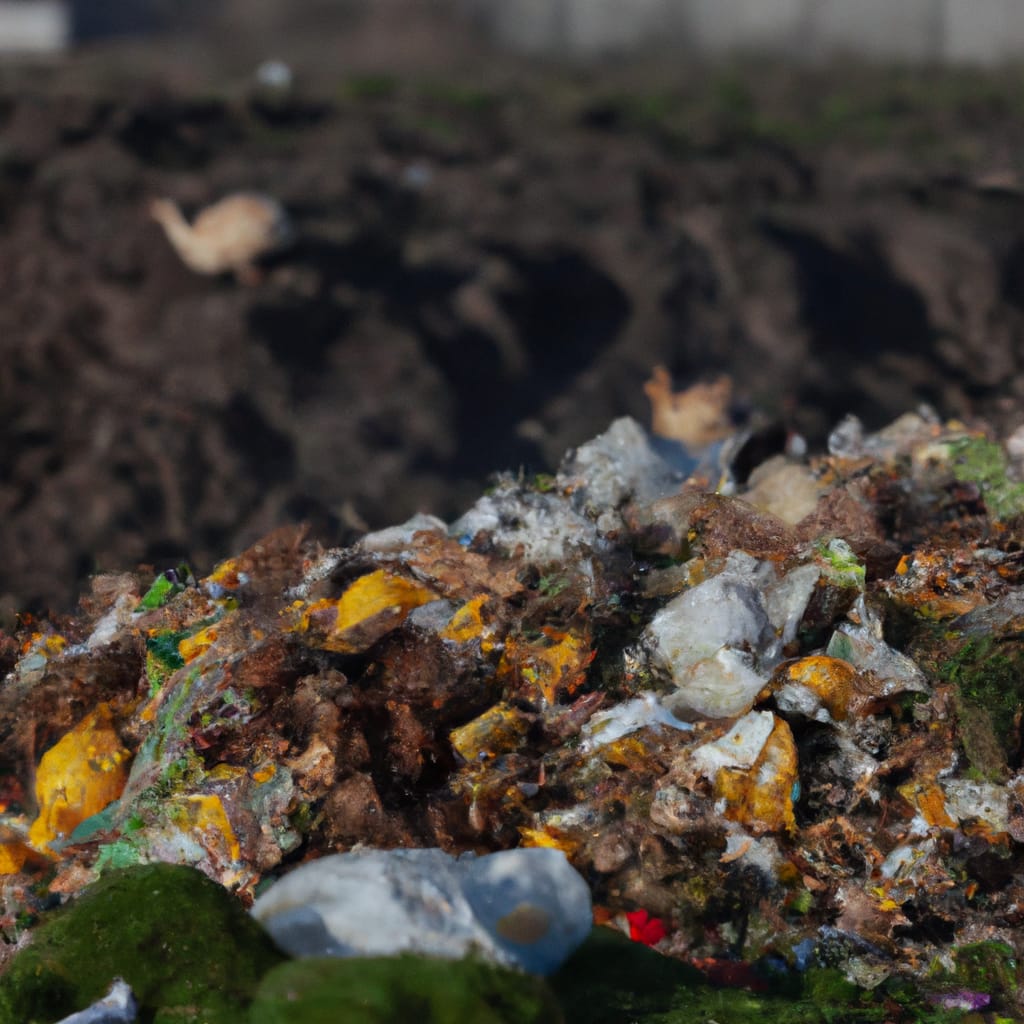
Food Waste to Energy
Converting food waste into energy is a sustainable solution that makes much better use of waste food than allowing it to decompose in a landfill site. Modern technologies and innovations mean there are various ways that food waste can be used as a renewable energy source. Research into energy from food waste is ongoing.
When waste food ends up in landfill it breaks down and releases the highly potent greenhouse gas methane. This traps heat in the atmosphere, contributing to global warming. Methods of turning food waste into energy still produce methane but they capture and control the gas and use it to generate energy.
Learn why turning food waste into energy is a good option, how converting food waste into energy works, and ways your organisation can dispose of waste food responsibly.

Get a free quote
Get a fast FREE quote for food waste collection
- Free quote within 1 hour
- Any type of food waste
- FREE bins and delivery
- We cover all of the UK
How do we get
energy from food waste?
One of the main ways to turn food waste into energy is through anaerobic digestion. This is a process where the waste food is placed in an anaerobic digester that removes oxygen to speed up the breakdown of organic matter. It produces biofertilizer, but also biogas – that’s used to generate renewable energy.
Another method to get energy from food waste is via biomass gasification. Semi-dry food waste is placed in a biomass gasification unit where it undergoes fluidisation – the waste passes through a hot and bubbling substance to convert it to fuel gas. This converts the food waste into an energy-rich synthesis gas called syngas (a combination of hydrogen, methane, carbon monoxide, and carbon dioxide), which is used to generate heat and power.

Can food waste
be used as biofuel?
Food waste can be used as biofuel when managed and processed properly. Anaerobic digestion, aerobic digestion, and microbial fermentation processes can convert waste food into biofuels. This includes bio-methane, bio-hydrogen, bio-ethanol, and bio-diesel, depending on the process and technologies used.
Most types of food waste can be used to create biofuel, including waste fruit and vegetables, fats, and cooking oil. Biofuel is simply any fuel that comes from living or organic matter, such as food waste. It can be used as fuel for vehicles or to generate heat and electricity.
Why is getting energy
from food waste important?
Turning food waste into energy is important as it provides a sustainable disposal method. Unlike paper, glass, and cardboard, you can’t recycle waste food and turn it back into new food (unless you plant the seeds from fruit and vegetables). Changing food waste to energy benefits the environment as it:
- Reduces our reliance on fossil fuels, which add to air pollution, harm human health, and generate toxic emissions contributing to climate change.
- Diverts waste food away from landfill, where it would otherwise break down slowly and release methane – a highly potent greenhouse gas.
- Creates cleaner renewable energy that can be used to generate heat and electricity with fewer negative environmental effects.
- Offers a cost-effective solution, as it might reduce fuel costs in the long run. There are around 1.3 billion tonnes of waste food produced annually that could be converted into energy.
- Makes jobs as the energy from waste food industry is relatively new and starting to grow, which means more processing plants will need building and more people will be required to work in them.
- Saves money for businesses by reducing how much landfill tax you pay for waste food disposal.

How to turn
food waste into energy
The easiest way to turn food waste into energy is to ensure any waste food your organisation produces goes to a processing facility. Arrange collection by a professional waste management company that uses licensed waste carriers and takes your leftover food to a facility that converts it into energy.
Effective waste management is essential to turn any waste food you produce into energy. This involves storing food waste separately from other rubbish in appropriate bins and containers to avoid contaminating it before it’s collected. At Business Waste we can provide free food waste bins – you only pay for collection.
The method of converting food waste into energy will depend on the facility where it ends up. Often this will be at an anaerobic digestion plant, where it will be used to create biogas that generates electricity and/or heat. We can advise on where your waste food will be taken and explain the energy conversion process.
Arrange commercial food waste disposal
Get a free quote for commercial food waste collection and disposal anywhere in the UK with Business Waste. We can provide a range of free bins to store your waste food safely with the ability to book removals on a daily, weekly, or fortnightly basis to suit your schedule.
Licensed waste carriers will remove your waste food bins and transport them to a nearby facility for responsible disposal. We divert all waste food away from landfill and take it to local anaerobic digestion, food waste to energy, or industrial composting facilities. Composting is a responsible disposal method for waste food, although it won’t generate energy.
Contact us online or call 0800 211 8390 for your free tailored quote. Tell us the number and size of waste food bins you need, where you’re based, and how often you want them collected. One of our expert team can answer any questions and work to ensure your waste food is disposed of responsibly.
Get a fast and free quote
Get a fast FREE quote for your food waste disposal
- Free quote within 1 hr
- Any type of waste food
- FREE bins and delivery
- We cover all of the UK